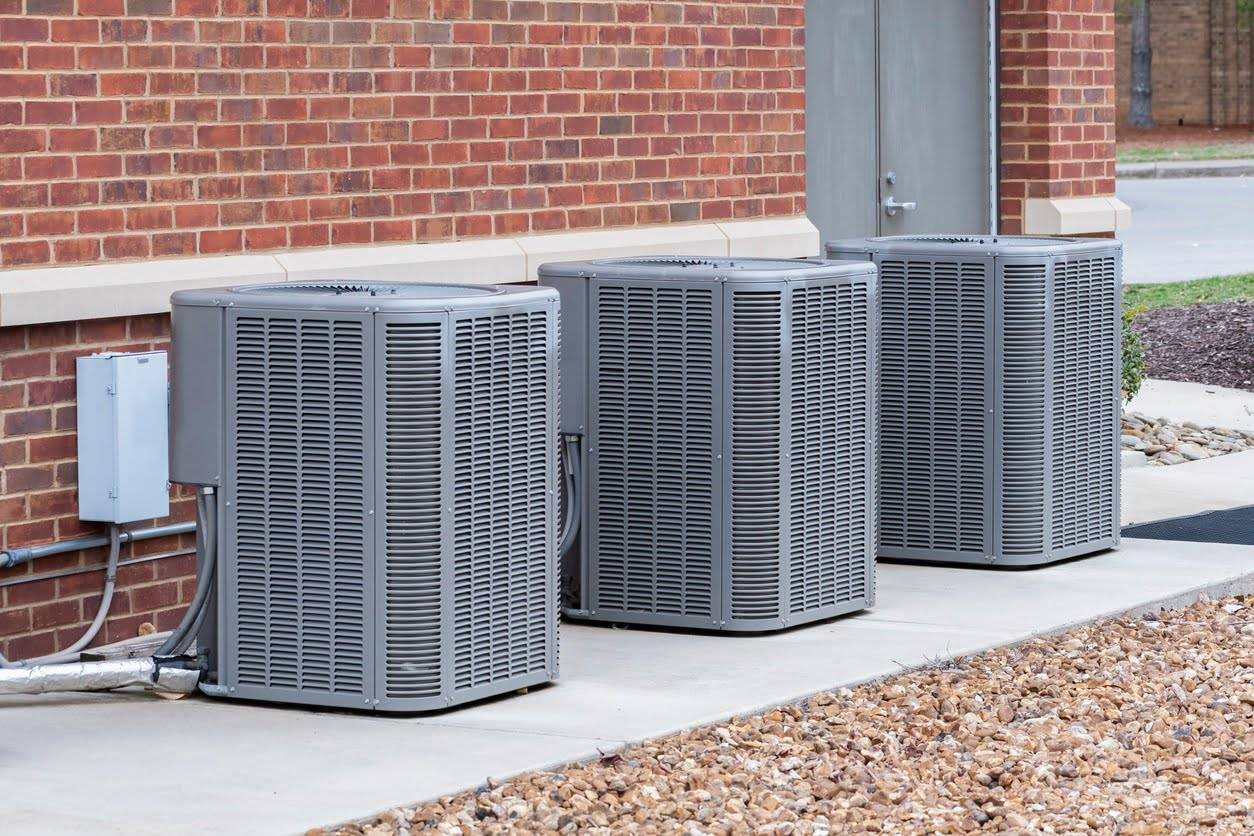When it’s time to replace your air conditioning system, considering eco-friendly options can benefit both the environment and your energy bills. Traditional air conditioning units can be energy-intensive and contribute to greenhouse gas emissions. However, advancements in technology and the availability of more sustainable alternatives have opened the door to greener choices. In this blog, we will explore eco-friendly options for AC replacement and their environmental benefits.
1. Energy-Efficient Air Conditioners
Energy-efficient air conditioners, such as those with a high SEER (Seasonal Energy Efficiency Ratio) rating, offer significant energy savings. These units are designed to use less electricity while delivering optimal cooling performance. By upgrading to an energy-efficient air conditioner, you can reduce your carbon footprint and enjoy long-term cost savings.
2. Inverter Technology
Air conditioners equipped with inverter technology are designed to adjust the compressor speed based on cooling needs. Unlike traditional air conditioners that turn on and off frequently, inverter-based units operate more efficiently and maintain a more stable indoor temperature. This technology reduces energy consumption and enhances overall system efficiency.
3. Ductless Mini-Split Systems
Ductless mini-split systems are a popular eco-friendly alternative to central air conditioning. They consist of an outdoor condenser unit and one or more indoor units that are mounted in individual rooms or zones. By eliminating ductwork, ductless systems reduce energy losses associated with air leakage in traditional ducted systems. They also offer zone-based cooling, allowing you to cool specific areas only when needed, further maximizing energy efficiency.
4. Geothermal Heat Pumps
Geothermal heat pumps harness the stable temperature of the ground to provide efficient heating and cooling. These systems use underground loops to transfer heat, minimizing the need for electricity and fossil fuel consumption. Geothermal heat pumps have high energy efficiency and can significantly reduce greenhouse gas emissions compared to conventional air conditioning systems.
5. Evaporative Coolers
Evaporative coolers, also known as swamp coolers, use the natural process of water evaporation to cool the air. These systems are highly energy-efficient and consume significantly less electricity than traditional air conditioners. Evaporative coolers work best in dry climates and provide a sustainable and cost-effective cooling solution.
6. Solar-Powered Air Conditioners
Solar-powered air conditioners utilize solar energy to power the cooling process. These systems integrate solar panels to generate electricity, reducing reliance on the grid. Solar-powered air conditioners can help reduce electricity bills and lower carbon emissions, making them a renewable and eco-friendly choice.
7. Proper Sizing and Insulation
Regardless of the type of air conditioner you choose, ensuring proper sizing and insulation is crucial for energy efficiency. An oversized or undersized unit will lead to inefficiencies and increased energy consumption. Proper insulation in your home or building helps maintain a consistent indoor temperature and reduces the workload on the air conditioning system.
By opting for eco-friendly options for AC replacement, you can contribute to environmental preservation and reduce your ecological impact. These alternatives offer long-term energy savings, improved efficiency, and reduced greenhouse gas emissions. Consult with a professional HVAC contractor to determine the best eco-friendly option for your specific needs and enjoy a cool and sustainable living or working environment.
Ready for an eco-friendly AC replacement? Contact Superior Comfort Heating and Cooling at (734) 818-7141. Our expert team will help you choose energy-efficient options that reduce your carbon footprint and lower your energy bills. Upgrade your cooling system with Superior Comfort Heating and Cooling today!

 SCHEDULE A SERVICE
SCHEDULE A SERVICE


